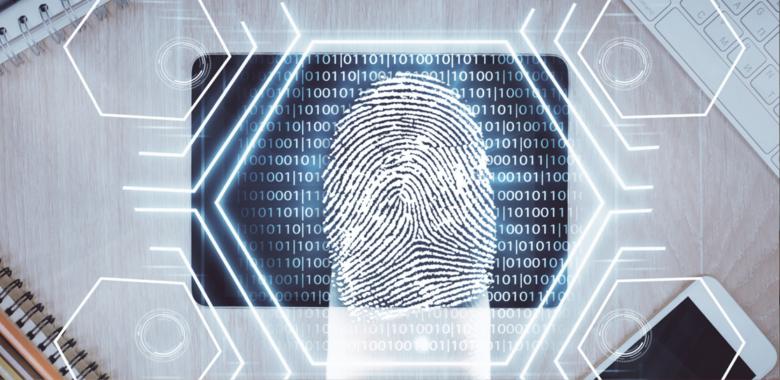If you’ve worked in the technology industry for any amount of time, then you’ve heard the phrase ‘data is the new oil’. Like oil, raw data in itself isn’t valuable – but put to use, it can become extremely powerful.
Businesses are using the power of data to transform and innovate and it’s hard to think of a single industry or sector that isn’t better off for doing so. However, just like businesses, individuals are more aware than ever of the value of their own data – and increasingly (and rightfully) want to ensure that any data they choose to share is in safe hands.
As with any opportunity, comes challenges – and unfortunately data has become a commodity ripe for exploitation by bad actors.
Data Protection Day
Every year, the 28th January marks Data Protection Day. Created by the Council of Europe in 2006, on this date governments, technology organisations, national data protection bodies and other actors carry out activities to raise awareness about the rights to personal data protection and privacy.
At Thales, we’re a strong advocate for the protection of data; and it’s a topic that we talk about at length throughout the year. Given the increased spotlight on the issue thanks to Data Protection Day, we wanted to take this opportunity to talk about data protection in specific relation to digital identity.
Data protection in the era of digital identity
We’ve spoken before about the advent of digital identity. Already becoming the norm for many consumers, it’s becoming as much of day to day life as using physical means to prove who you are.
The introduction of digital ID wallets is designed bring this into the mainstream ever more. If we look to Europe, the eIDAS2 legislation means that every EU Member State must make a digital ‘wallet’ available to every citizen and business who wants one by 2024.
In tandem, service providers, such as banks and telcos, will have to accept it as proof of certain personal attributes. From providing electronic signatures to paying fines or accessing health services, EU citizens will be able to use the eIDAS wallet in every Member State.
We’ve explored the benefits of digital identity wallets at large, but it’s equally important to discuss just how important data protection is in order for these benefits to be realized.
Convenience does not trump security for consumer
Our recent Trust Index report highlights just how important security has become to the modern day consumer. The global study revealed that increasingly security conscious consumers are also making their choices of products and services on this basis. A quarter of consumers do not want to use services that aren’t encrypted, while one in five said that they have stopped using a company that has suffered a data breach.
Looking at ID wallets specifically, we recently surveyed over 1,800 EU citizens across 7 countries to establish what attitudes were like towards digital ID wallets. Despite media rhetoric to the contrary, when it comes to Digital ID wallets, security is more important than convenience. 66% of EU citizens said security is the most important factor for them. That’s not to say, however, that convenience isn’t key – it was the second most important factor, doubling in importance for those under the age of 45. When asked about the privacy features brought by digital ID wallets, 70% acclaimed the ‘control what you share’ feature across ages and geographies, and 27% of respondents even found it essential.
It’s clear then, that data protection is at the forefront of customer’s minds – but on top of that, this cannot be at the expense of user experience and ease of use.
Three pillars of digital identity
At Thales, we believe that trusted digital identity relies on three key pillars: convenience, security, privacy.
Convenience: This is the key to adoption. User experience is vital for the successful roll out and acceptance of any new technology – as consumers we expect ease of use, and for it to seamlessly integrate with our lives. Whether it’s easy registration, integration with existing apps or platforms, or smooth day to day usage – customers still value convenience.
Security: That said, any new technology platform – while being convenient – needs to be built on a solid secure foundation. In fact, the security credentials of EU ID wallets came to the forefront again this summer when a MEP called for the wallet to follow security by design principles. The draft regulation put forward stated that “it shall be technologically impossible to receive any information on the use of the Wallet or its attributes”.
Privacy: One means of ensuring data privacy is sovereign cloud. A sovereign cloud ensures digital and data sovereignty. It is a means to maintain physical and digital control over strategic assets, including data, algorithms, and critical software. It helps ensure that data remains free from external jurisdiction control and provides the right protection from foreign legislatively enforced access.
Digital ID wallet ecosystems are the future of digital identity – they will enable smooth and trusted proof of ID and entitlement anywhere anytime. They will enable data privacy to move to the next level by offering the most convenient user experience and compliance with the most stringent security and cyber privacy requirements.
For further reading please check out the following:



